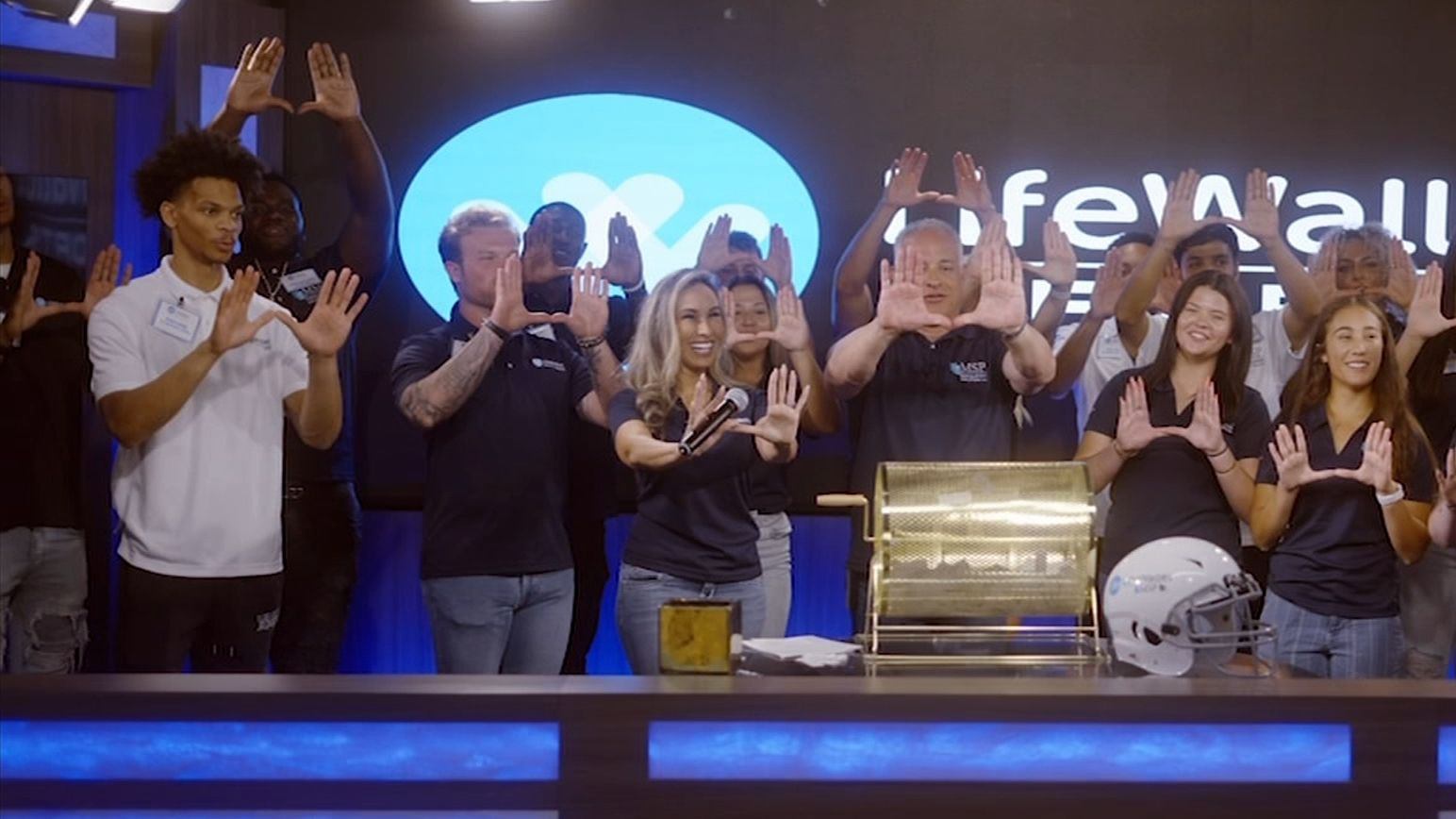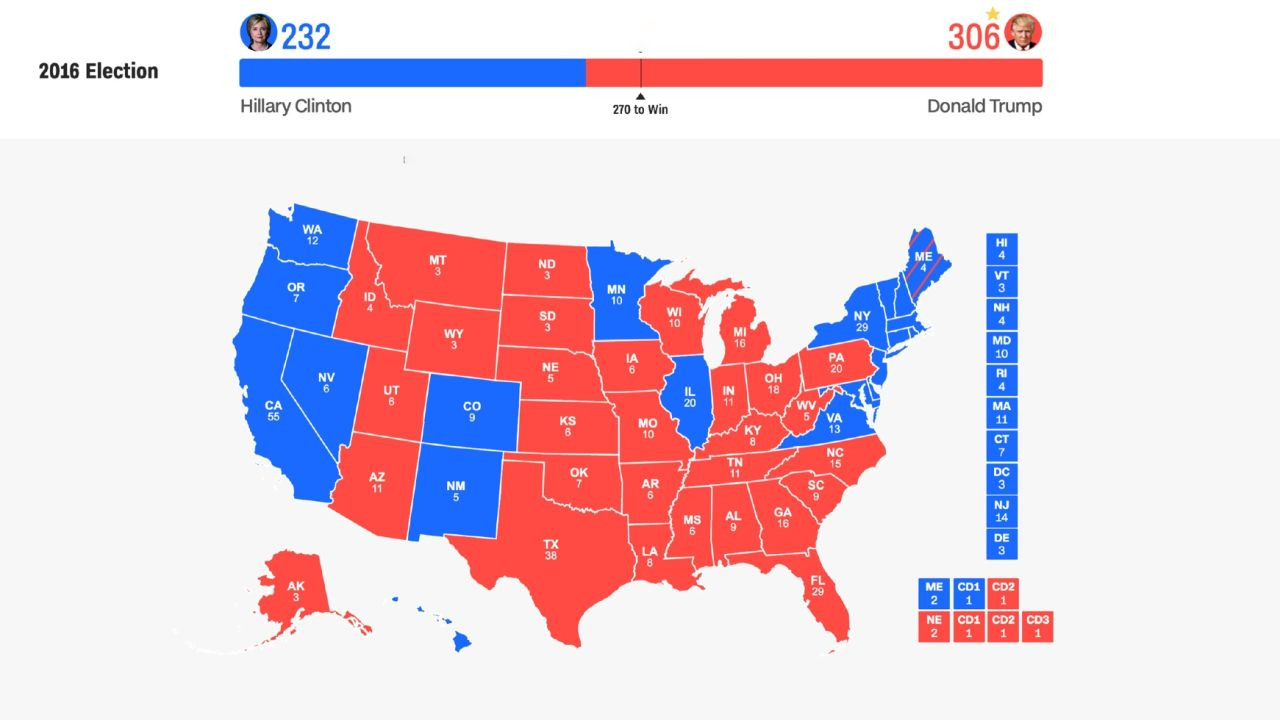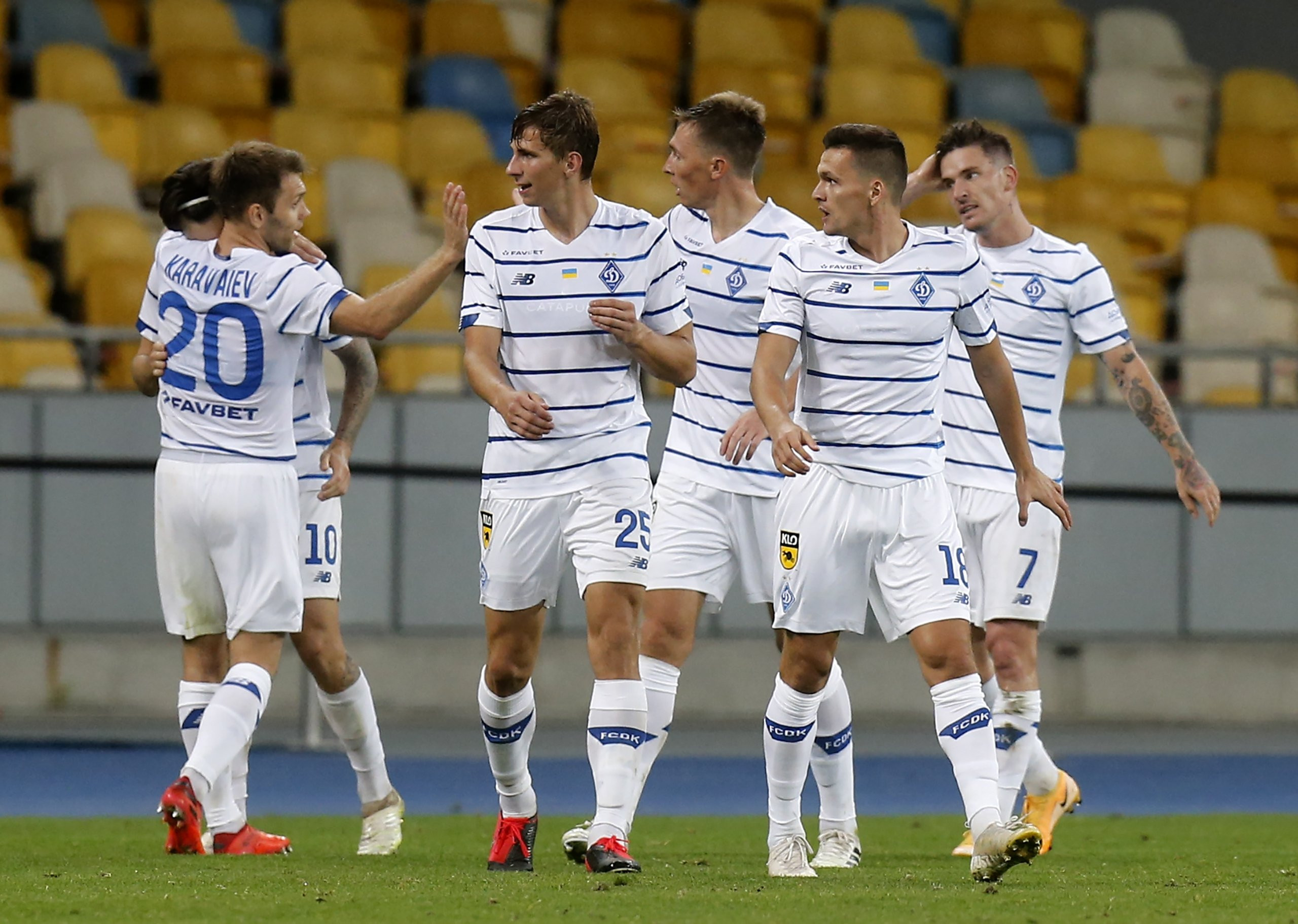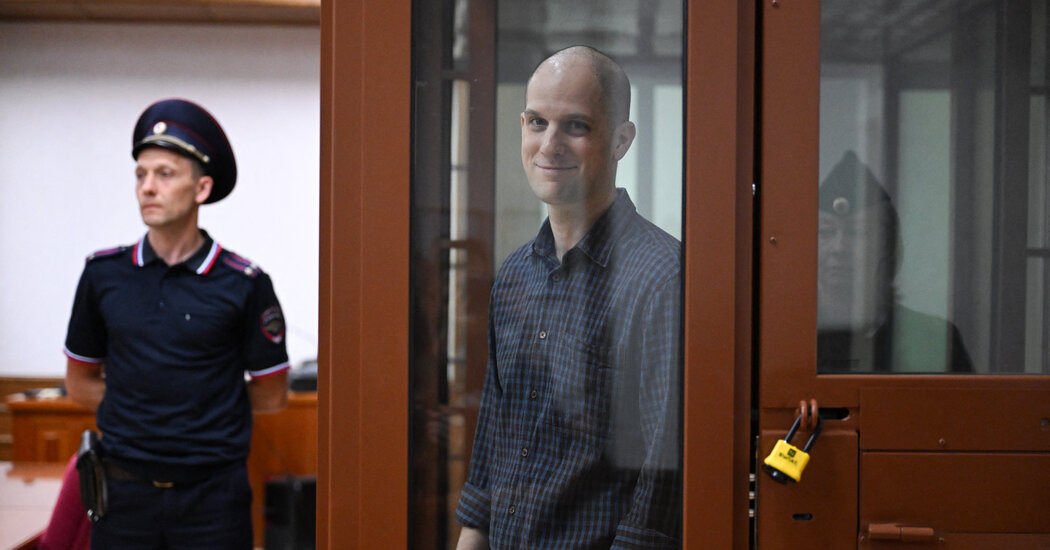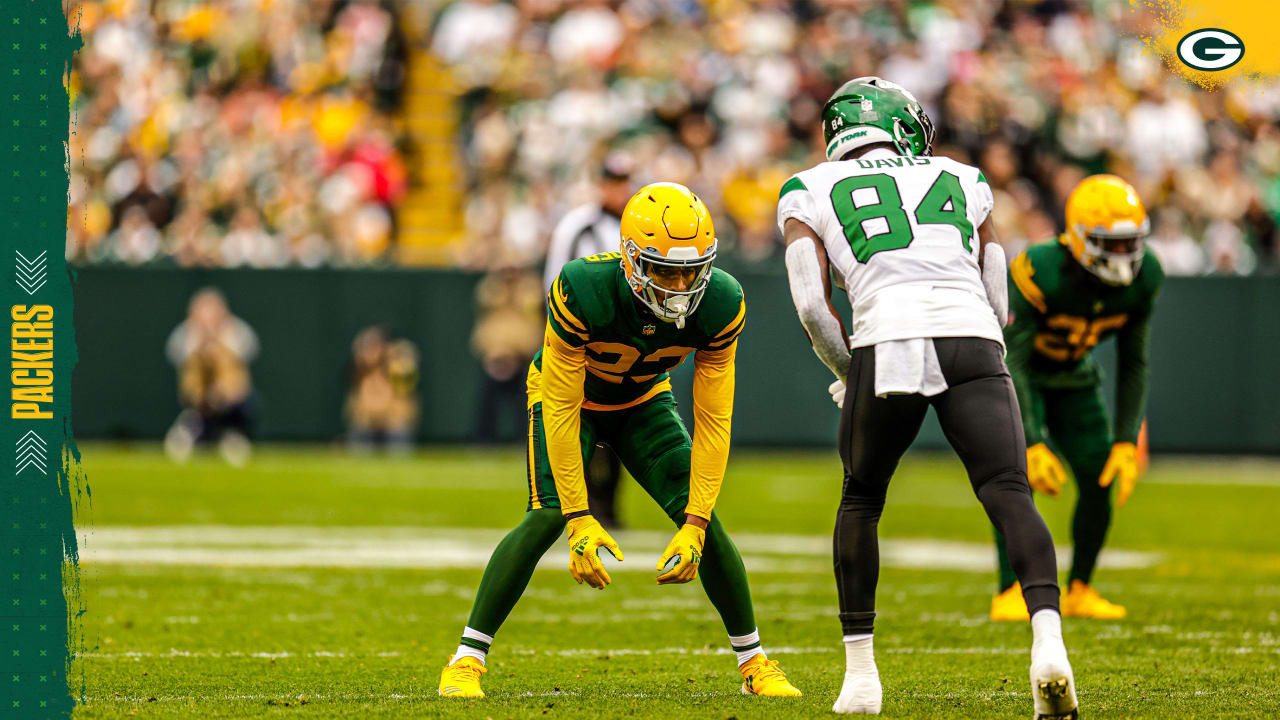John Ruiz, once hailed as the 'NIL king' of University of Miami sports, is now entangled in a deepening financial crisis. This crisis, if not resolved, could significantly alter the landscape of the University of Miami athletic programs.
John Ruiz, a towering figure in the legal and business world, made a name for himself in the era of Name, Image, and Likeness, pouring millions into the university's sports teams. However, recent allegations about the financial stability of his company, LifeWallet, have raised serious concerns about his ability to sustain this level of support.
LifeWallet, a large-scale medical claim company founded by Ruiz, is in deep trouble financially. The medical claims company only posted $7.7 million in revenues last year, far below its projected $963 million per a recent SEC filing. The company also posted a net loss of $211 million.
In the filing, he expressed "substantial doubt" that LifeWallet would be able to continue operating beyond the next twelve months unless additional funding can be secured. This financial uncertainty raises major red flags regarding the future of Ruiz's financial commitments to Miami athletics.
Ruiz has been integral to Miami's recent success in the NIL landscape, reportedly spending over $10 million on deals for Hurricanes athletes. That list includes a two-year, $800,000 arrangement for men's basketball star Nijel Pack (which also included a car) and large deals to bring in the Cavinder twins, Haley and Hanna, to the women's basketball team.
Those NIL deals, however, are in jeopardy due to LifeWallet's money issues and the associated legal trouble. Investigations by the SEC and the Department of Justice over state and federal inquiries into LifeWallet's business practices have put a dark cloud over Ruiz's potential for remaining involved with Miami sports in the long term. Additionally, the NCAA has already sanctioned Miami over NIL infractions stemming from Ruiz's actions of recruiting the Cavinder twins to Miami.
Ruiz's influence has extended beyond NIL deals, including his commitment to funding a new football stadium for Miami. However, that project, along with the university's broader athletic programs, is in limbo as LifeWallet's financial woes deepen.
With mounting financial and legal challenges, the athletic future of Miami still teeters on a tightrope, heavily dependent on how well Ruiz will be able to hold up his empire. Now, as LifeWallet unravels itself, it could signal a major shift in the NIL landscape at Miami and beyond, potentially leading to far-reaching changes in the NIL market.
A Deeper Dive into LifeWallet's Struggles
The financial struggles of LifeWallet have been a major topic of discussion in the sports world, particularly among college athletics fans. The company, which was once touted as a major player in the medical claims industry, has fallen far short of its initial projections, leading to concerns about its ability to continue operating.
LifeWallet's financial struggles have raised serious questions about its ability to fulfill its commitments to Miami athletes. Ruiz has been a major source of funding for the school's sports programs, and his financial woes could have a significant impact on the school's athletic future.
The Future of NIL at Miami
The future of NIL at Miami is now uncertain. The school has been a leader in the NIL era, thanks in part to Ruiz's generous support. However, with LifeWallet's financial troubles, the school may have to look for new sources of funding for its NIL program. This could lead to a significant shift in the NIL landscape at Miami and beyond.
The Wider Impact of LifeWallet's Crisis
The crisis at LifeWallet is not just a Miami problem. It has broader implications for the future of NIL in college athletics. The NCAA is still struggling to regulate NIL, and the LifeWallet situation highlights the need for clear and consistent rules. The situation also raises questions about the role of wealthy donors in college sports.
The LifeWallet situation is a cautionary tale for both schools and donors. It shows that the NIL landscape is still evolving and that the rules are still being written. Schools need to be careful about relying on a single donor, and donors need to be aware of the risks involved in funding college athletics.
What's Next for Miami?
It is too early to say what the long-term impact of LifeWallet's financial struggles will be on Miami's athletic programs. However, it is clear that the school faces a challenging period. The NCAA is still grappling with the issue of NIL, and the LifeWallet situation has added another layer of complexity to the issue. The school will need to find a way to navigate these challenges in order to maintain its athletic success.
The University of Miami's reliance on John Ruiz for NIL funding, along with other athletic program funding, is now at a crossroads. While Ruiz's personal net worth remains substantial, the future of LifeWallet and the company's ability to support these programs remains a major question mark. As LifeWallet's financial troubles deepen, it could signal a major shift in the NIL landscape at Miami and beyond, potentially leading to far-reaching changes in the NIL market.




